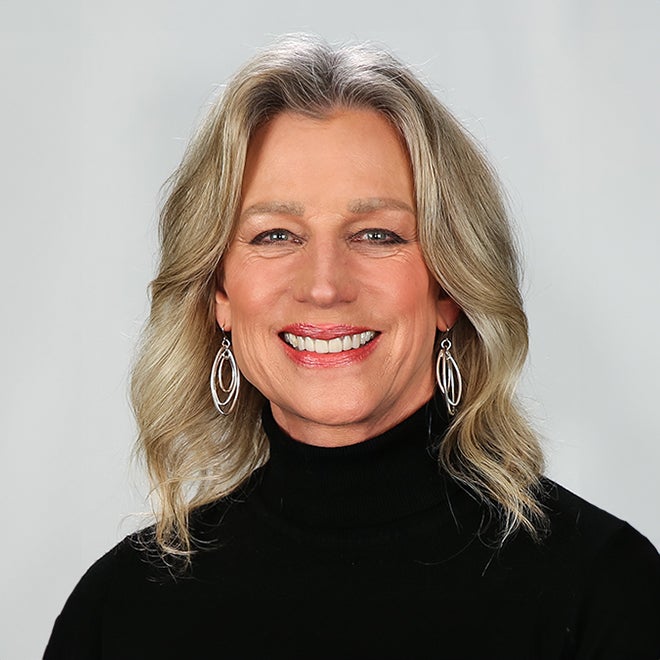Women Leaders in Education Face Higher Expectations
In a new survey, three-fourths of women superintendents and other top female district and state leaders say they are held to higher standards and are expected to make more sacrifices than their male counterparts.
The Survey
The Insight Survey 2025: Exposing Persistent Gender Bias in Education Leadership, conducted by Women Leading Ed, found that gender bias continues to impact women’s access to top education leadership roles. The survey gathered responses from women in state and district leadership roles across 37 states. Nationally, nearly eight in 10 teachers are women, but that number drops to only three in 10 at the district leadership level.
Julia Rafal-Baier, founder and CEO of Women Leading Ed, called the results a reality check. She stated, “Across the country, women are shaping the future of America’s schools. They’re making high-stakes decisions, driving results, and shaping the future for tens of millions of students.” Survey results indicate women are “second-guessed more, scrutinized for their style instead of their strategy, and expected to ‘overcome’ being women.”
Key Findings
Over half of the survey respondents reported they had been passed over for leadership positions that ultimately went to men. Over 70 percent reported feeling pressure to earn a doctoral degree to be considered for a leadership position, though nationally only 45 percent of superintendents hold a doctorate, and women are more likely than men to earn the degree. David Schulwer, executive director of AASA The School Superintendents Association, said, “Female superintendent candidates won’t apply until they know they’re 110 percent ready, and male superintendent candidates apply when they’re like 55 percent ready.”
Another finding from the survey showed leaders under the age of 50 are more likely to say they delayed having children for the sake of their career. Twenty-two percent of surveyed superintendents state they have been explicitly asked questions about having children or caring for family.
Other take-aways from the survey include:
- Seventy-seven percent of women surveyed say they have had to make greater career sacrifices than their male colleagues, yet many are still overlooked for advancement.
- Nearly nine in 10 women feel pressure to dress, speak, or behave a certain way because of being female in a senior leadership role.
- Sixty-three percent of women survey state their professional judgement is questioned more frequently than that of male counterparts.
- Sixty-five percent report being asked to take on extra responsibilities not expected of male leaders, including taking notes, working late, and organizing office celebrations.
- About half of responding female superintendents reported gender negatively influencing salary negotiations.
More information is available in the The74 article New Survey, Old Story: Women Education Leaders Told to Put Jobs Over Family.
What’s Next
Although there is a large talent pool of women education leaders, challenges persist for their advancement. Woman Leading Ed provides women with essential skills and support to lead at the highest levels through coaching and networking opportunities.
Additionally, in 2023, a group of bipartisan women leaders from K-12 education met and called for evidence-based actions at the district, state, and federal levels to take on gender biases and ensure female leaders have a fair shot at top jobs. This collaboration resulted in The Time is Now, A New Playbook for Women in Education Leadership. The playbook lists strategies to create and promote intentional supports for women in leadership roles, implement fair hiring processes, provide family and well-being supports, set public goals for female leadership, increase employment transparency, and ensure financial fairness.

Cheryl Hoover
Cheryl Hoover joined HR Services in 2018. She assists with staffing and HR reviews, training, and other HR projects. During Hoover’s public school career, she served as an executive director of curriculum and principal leadership, executive director of human resources, principal, assistant principal, teacher, and coach.
Hoover earned her bachelor’s degree from The University of Texas at Austin and obtained her master’s degree from Texas State University. She is a certified PHR.
HR Services

Subscribe to HRX
Stay up to date with all the latest HR news and trends by joining the HRX mailing list!





